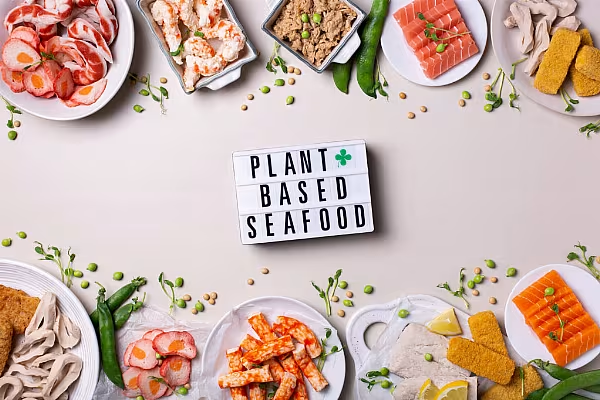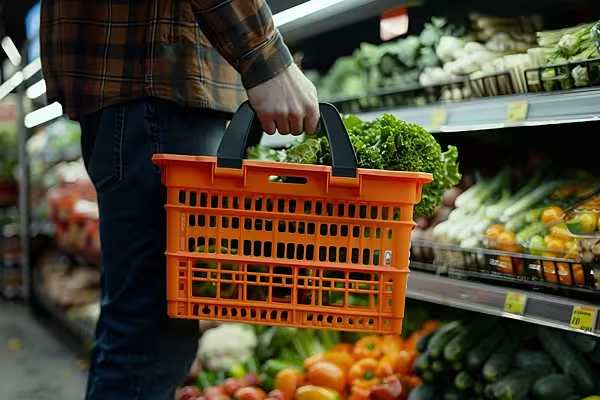The alternative proteins market is beginning to permeate the seafood sector, as Conor Farrelly reports. This article first appeared in ESM March/April 2022.
The rise of alternative proteins does not appear to be slowing down any time soon. Within this sector, the spotlight continues to focus on alternative meat products, such as beef, pork and chicken substitutes, however, many seafood producers have also come on board, with John West parent Thai Union placing particular emphasis on the area. ESM spoke to the group’s managing director of alternative proteins, Maarten Geraets.
For context, today plant-based seafood represents approximately 0.1% dollar share of the total seafood market, lagging far behind the alternative meat sector, which represents 1.4% dollar share of the total meat market.
Based on current estimates, this equates to a value of around $30 million to $50 million, but it is projected to surge at a compound annual growth rate of around 28% from 2021 to 2031, to reach a top valuation of $1.3 billion.
This is largely being driven by strong consumer interest amongst flexitarians, or semi-vegetarian consumers, with an EU-based survey from the Smart Protein Project indicating that more than 40% of consumers are interested in plant-based seafood.
Read More: Thai Union Sees Net Profit Growth Of 28.3% In FY 2021
Seeking To 'Crack' Plant-Based Seafood
Thai Union is using its position as a global leader in seafood to, in Geraets’ words, “crack” plant-based seafood, and it is aiming to generate $30 million in revenue from alternative proteins by 2025.
In terms of products, Thai Union already has a range of alternative seafood products available in the UK, “in an estimated 400 stores,” according to Geraets, with expansion into the US and other areas in Europe to follow. The group is also “in a position to offer private-label support” to a variety of retailers, as well as products in the ambient and frozen categories.
Alternative Shrimp Products
The group is set to launch alternative shrimp products in Thailand, where its alternative protein office is based, before bringing the products to the rest of the world, using Asia as a jumping-off point and testing ground for its products. The group is not just looking at retail as a possible avenue to sell alternative seafood – it is also engaging the HoReCa industry, with Geraets pointing to the benefits that arose from fast-food chains embracing alternative protein, such as the Impossible Burger.
For the process of creating a plant-based fish product, Geraets says that the first step is discovering what is possible using the technology at Thai Union’s lab, “The scientists say there’s a great opportunity, but what can we do with that?”
In the process of creating new products, Geraets believes that by using alternative proteins, producers have an opportunity to make small changes to improve a particular product. Ultimately, the ambition is to create, as Geraets describes it, “seafood experiences that are even better” for shoppers.
Catching Up With Alternative Meat
Despite the aforementioned positives, the alternative seafood market is lagging behind alternative meat.
Whilst some consumers may be apprehensive about consuming alternative seafood, the snowball effect seen in plant-based meat is likely to draw more people to the category. Geraets also believes that the products available today can be refined and improved upon, noting that although many of us may currently have an iPhone 13, “we once had an iPhone 1, 2 or 3,” suggesting that patience from the public, as alternative seafood offerings improve, will be rewarded.
“All tastes and flavours can be brought to the table,” he says.
Read More: Thai Union Teams Up With Sustainable Fisheries Partnership
© 2022 European Supermarket Magazine – your source for the latest A-brand news. Article by Conor Farrelly. Click subscribe to sign up to ESM: European Supermarket Magazine.














